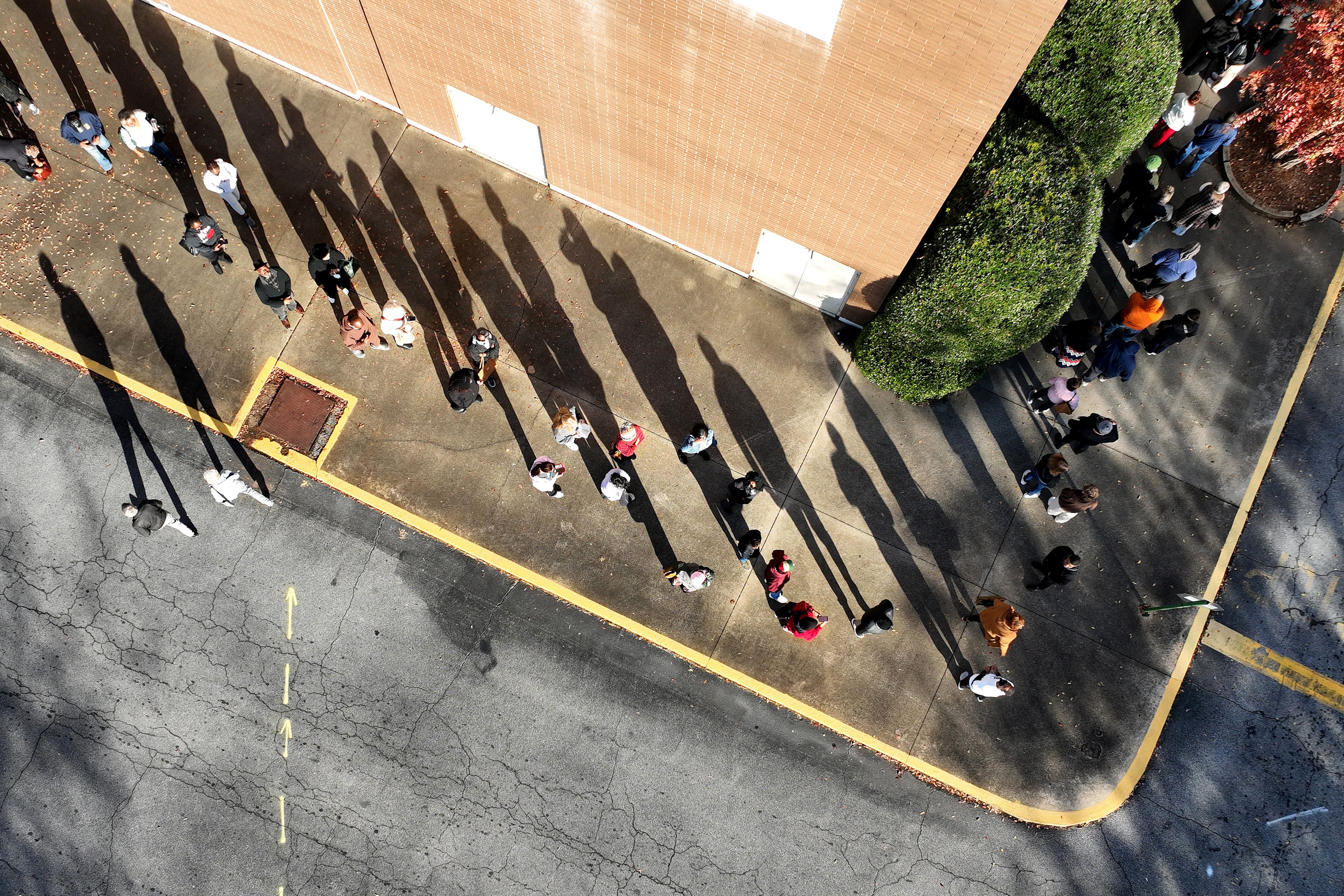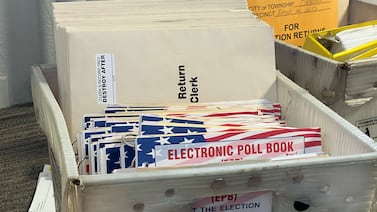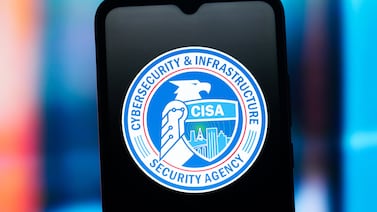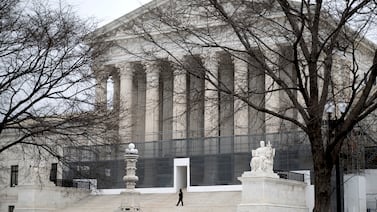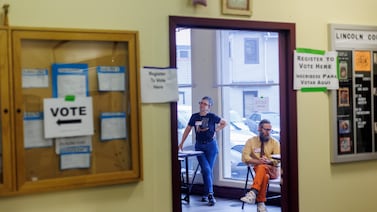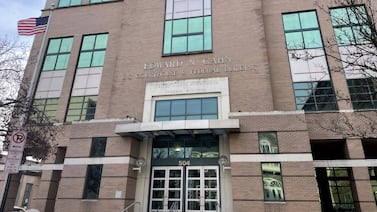Votebeat is a nonprofit news organization reporting on voting access and election administration across the U.S.
This news analysis was originally distributed in Votebeat’s free weekly newsletter. Sign up to get future editions, including the latest reporting from Votebeat bureaus and curated news from other publications, delivered to your inbox every Saturday.
“This whole thing should probably be illegal!”
That was the closing line of a cheeky social media promotion from Cards Against Humanity. The company behind the popular obscene card game announced a campaign this month to pay money to some swing-state voters who hadn’t cast ballots in 2020 but made a plan to do so this year — as long as they also posted derogatory things about Republican presidential nominee Donald Trump.
The company, which didn’t respond to a request for comment, appears to have now ended the effort. But it spawned a debate among experts over whether the offer was, in fact, legal, or a form of vote-buying.
Also raising questions: a campaign by Trump-backing billionaire Elon Musk. He offered to pay people $47 for every swing state voter they recruited to sign a petition pledging support for the First and Second Amendments, and offered those voters free admission to events.
So what exactly constitutes illegal vote-buying? Federal law is actually quite sweeping. It bans “any payment made or offered to a would-be voter ‘for registering to vote or for voting’ in an election when the name of a federal candidate appears on the ballot,” according to a Department of Justice manual on prosecuting election crimes. “Any payment,” the manual emphasizes, means just that: cash, liquor, and lottery tickets all count as forms of payment, though rides to the polls are exempted.
So how do you determine whether a particular offer falls on the legal side of the line? Keep reading and find out!
What’s the argument for the Cards Against Humanity effort being legal?
The offer comes “very close” to being illegal, Rick Hasen, director of the Safeguarding Democracy Project at the UCLA School of Law and an expert on vote buying, told the New York Times. But he said the offer had fine print saying voters didn’t have to actually vote in exchange for the payment.
What’s the argument for it being illegal?
For her part, Jessica Levinson, of Loyola Law School at Loyola Marymount University, told the Times that the program made a “flimsy distinction.”
“Making a plan to vote sounds like saying, ‘I’m paying you to vote,’” she said.
Musk’s petition promotion also gathered data that would help his super PAC target likely voters. Is that illegal?
Nope. Political groups use all kinds of methods to collect voter data and beef up their lists. Paying people to recruit signers for the petition isn’t the same thing as paying them to vote, or vote for a particular person — though Musk is likely hoping to identify potential Trump supporters.
Musk also said he would give a series of talks in Pennsylvania, with free admission for people who had signed his petition and voted in the state. Is that legal?
Well, hang on a minute. Hasen isn’t so sure about this one: Admission to the speech is a thing of value, and Hasen wrote in Slate that he believes it crosses the line.
What about Musk’s announcement on Saturday that he’ll award $1 million daily to a registered swing-state voter who signs his petition?
Experts are even more uneasy about this, with Hasen deeming it “clearly illegal” and other experts saying it’s at least questionable.
But what about all of the discounts and perks voters get for showing off their “I Voted” sticker?
Not legal. That’s why Ben & Jerry’s had to start offering free ice cream cones to everyone on Election Day, instead of just voters.
Is it really illegal in Georgia to hand out bottled water to people waiting to vote?
Yes, if they’re within a certain distance of a polling place, under state law, it is illegal, as famously shown on “Curb Your Enthusiasm.” But poll workers can set up a self-service table for thirsty voters.
What about in other states?
That depends. In Montana, for example, it’s illegal for candidates, their families, or their workers and volunteers to distribute alcohol, tobacco, food, drink, or anything of value to people at polling places, according to a summary posted by the National Conference of State Legislatures. But there doesn’t seem to be a prohibition on anyone else. So check the law!
Are the “I Voted” stickers legal?
Just try and take them away from voters. I dare you.
Carrie Levine is Votebeat’s managing editor and is based in Washington, D.C. She edits and frequently writes Votebeat’s national newsletter.Contact Carrie at clevine@votebeat.org.

